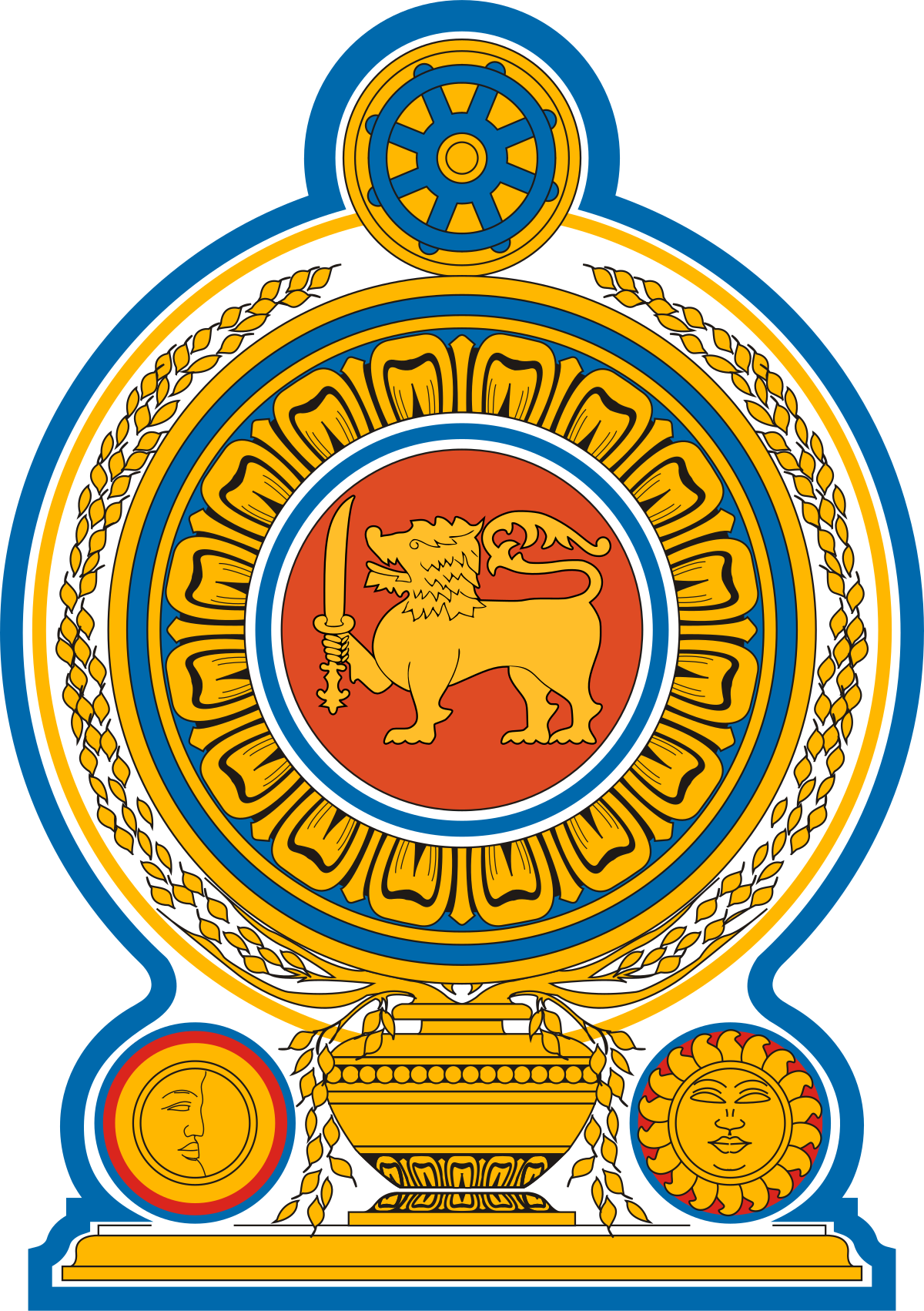Economic Phases
Emphasis on Self Reliance (1956-1976)
With the Mahajana Eksath Peramuna led by the Sri Lanka Freedom Party winning the elections in April 1956 and Hon. S. W. R. D. Bandaranaike becoming the Prime Minister of Ceylon, the policy direction of the country witnessed a change. The new Government placed an emphasis on indigenous culture and language and advocated the nationalization of resources and assets. Setting up heavy industry factories for the manufacture of steel, cement, and textiles within the country also took place. A 10 year (1959 – 1968) integrated development program for the whole economy was prepared by the National Planning Council that was established in October 1956, which aimed at utilizing available resources at an optimum level to improve the living standards of the people. In 1957, the Bandaranaike - Chelvanayakam Pact was signed between Prime Minister S. W. R. D. Bandaranaike and the leader of the main Tamil political party, Hon. S. J. V. Chelvanayakam, which advocated the creation of a series of regional councils towards solving the communal disagreements that prevailed at that time. However, it was set aside in May 1958, due to heavy resistance by both Sinhalese and Tamil communities. The abandonment of the pact led to tensions between the two communities and caused an outbreak of ethnic violence in the country.
While serving his third year in office, Prime Minister S. W. R. D. Bandaranaike was assassinated in September 1959, and Hon. W. Dahanayake was sworn in as the Prime Minister. Although with the winning of the General Elections in March 1960, Hon. Dudley Senanayake was again sworn in as the Prime Minister, this Government was only short-lived till July 1960 consequent to the inability to form a coalition Government since they lacked minimum seats required to defeat an opposition motion of no confidence. Hon. Sirimavo Bandaranaike was sworn in as the Prime Minister after having won the General Elections held in July 1960. This Government continued to place emphasis on indigenous culture and language and advocated the nationalization of resources and assets.
In 1964, food rationing was imposed in the face of persistent food shortages. Later that same year, the SLFP Government led by Hon. Sirimavo Bandaranaike lost its majority consequent to the resigning of some MPs, over the issue of the nationalization of Lake House Newspapers. In March 1965, Hon. Dudley Senanayake has sworn in again as the Prime Minister and Government policies underwent further changes.
Ceylon became a founder member, along with 30 other member countries, of the Asian Development Bank, which was established in 1966 to build a poverty-free Asia and Pacific by improving the lives of those living in the region. In May 1970, the last election under the Soulbury Constitution was held, and Hon. Srimavo Bandaranaike returned to power, as the Prime Minister of Ceylon. The new Government continued its previous policy of nationalization.
The Government instituted socialist economic policies, strengthening ties with the Soviet Union and China while promoting a policy of non-alignment. The Janatha Vimukthi Peramuna (JVP), a movement launched primarily by Southern youth, led an insurrection against the Government in April 1971 resulting in a high number of casualties, and the imposition of a State of Emergency that lasted for 6 years.
In 1972, a new Constitution was enacted and the Socialist Republic of Sri Lanka was established on 22nd May with Hon. William Gopallawa as Sri Lanka's First Non-Executive President while Hon. Sirimavo Bandaranaike continued in office as the Prime Minister. During this time, import substitution was promoted, with food rationing and compulsory savings having been introduced.
